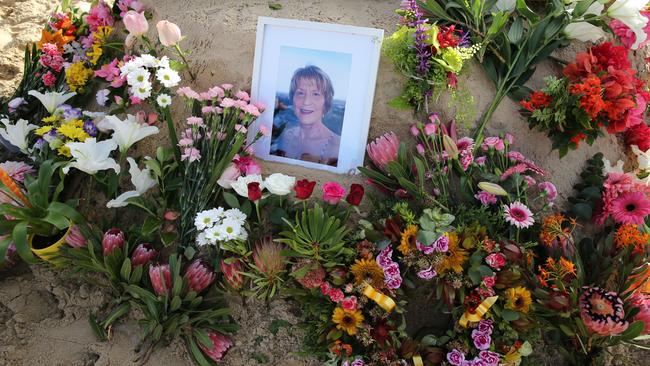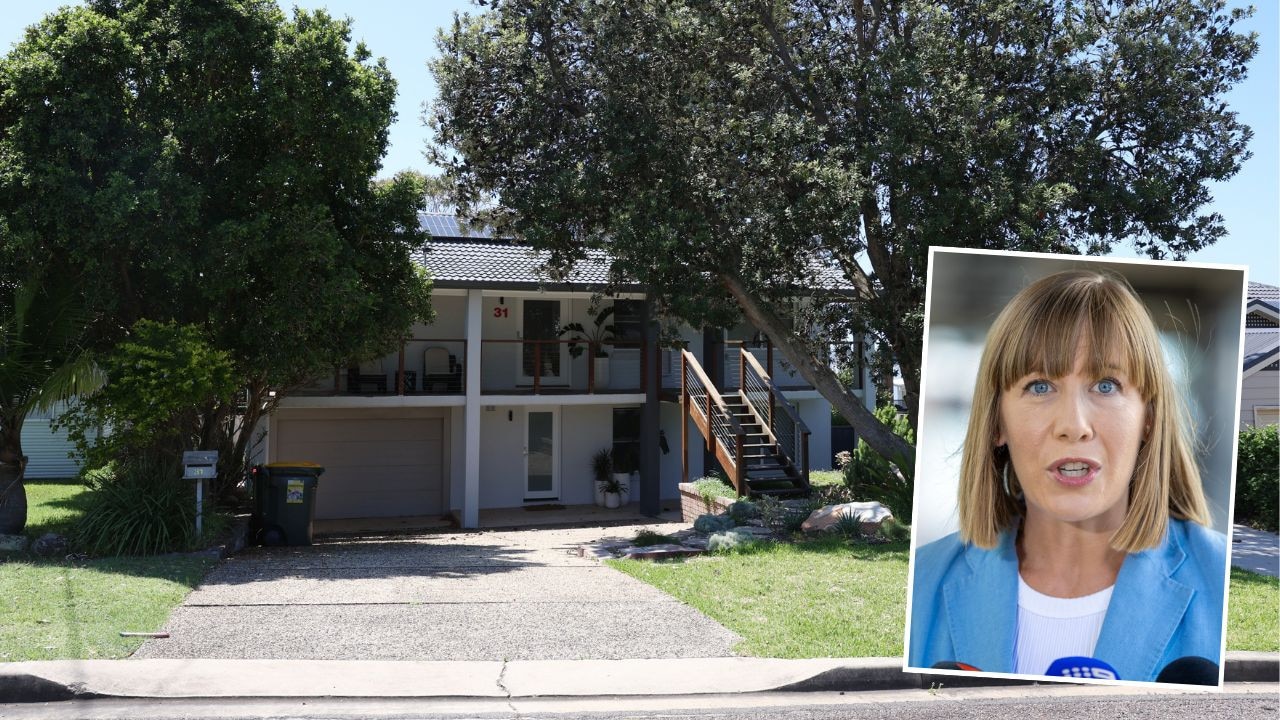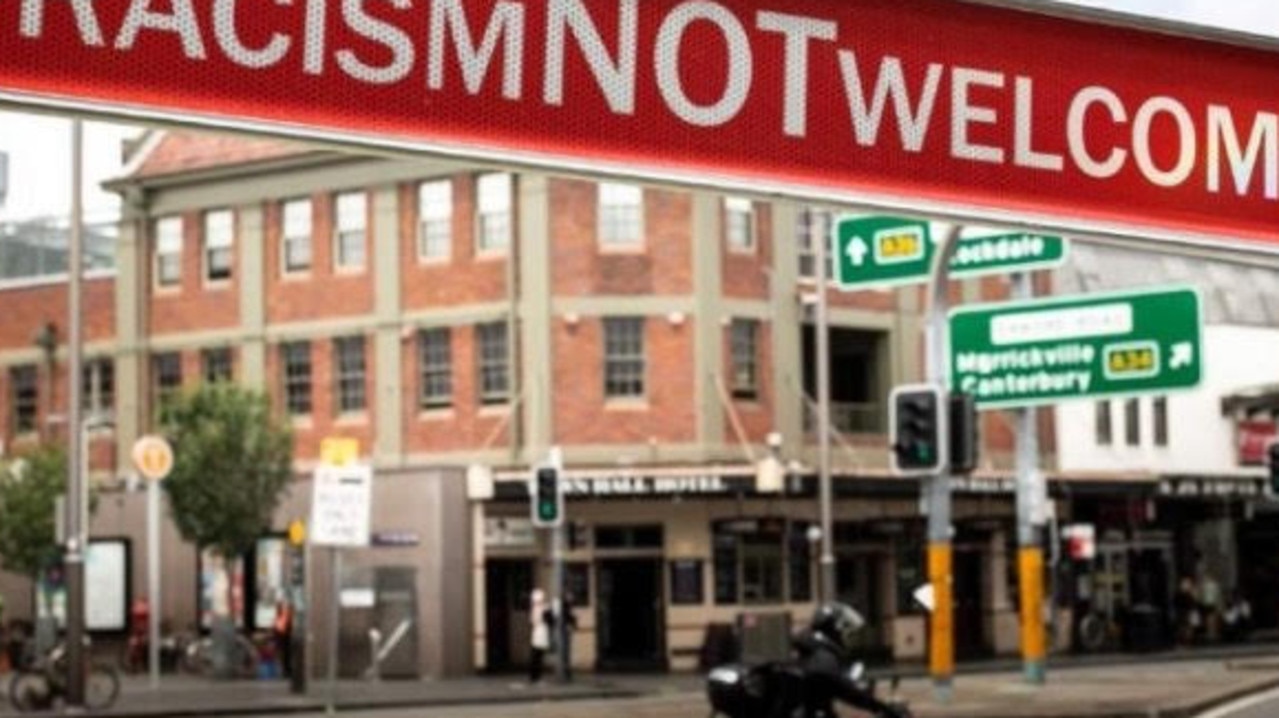Jaws of history: Brutal attack that changed Bob Myatt’s life
Another grim chapter has been added to Australia's history of fatal shark attacks when a man lost his life in Little Bay in Sydney this week. There have now been over 300 fatal attacks off Australia's coastline and Bob Myatt knows the history of every one.
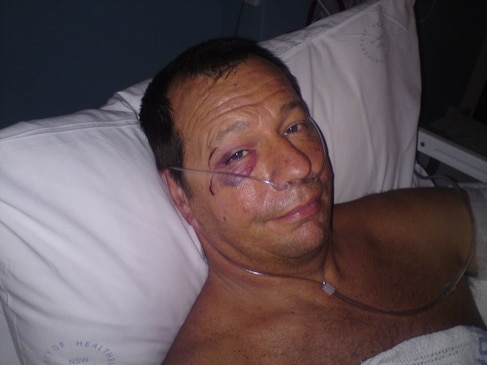
NSW
Don't miss out on the headlines from NSW. Followed categories will be added to My News.
At Coledale beach on the 27th of February 1966, 14-year-old Bob Myatt witnessed a terrifying site. A boy around the same age as him was pulled from the water by surf lifesavers with a 2.5m great white shark’s jaws still clamped onto his right leg.
The boy, Raymond Short, had been swimming when the shark grabbed his left thigh then let go. As Ray started swimming to shore, the shark swallowed his leg up to his knee.
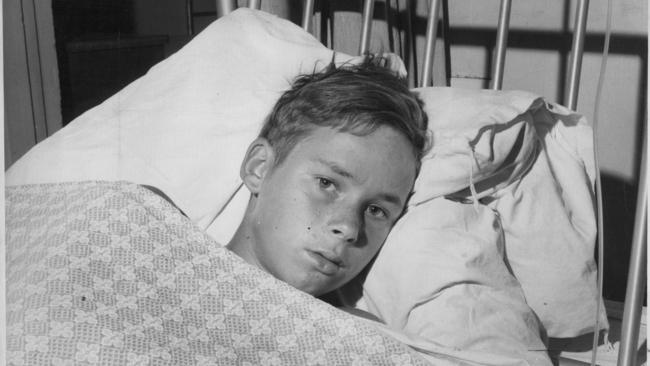
And so began Bob’s 55-year-long obsession with sharks. As a registered researcher with the Global Shark Attack File (GSAF) which records attacks around the world, he has helped collate an incredible list of every shark attack in Australia since the First Fleet arrived in 1788.
More than 1400 attacks have been recorded in those 232 years, an average of six a year.
Of those there have been over 300 fatalities with 35-year-old Simon Nellist, who was attacked and killed while swimming at Little Bay in Sydney's south, the latest victim.
It was also the fifth fatal in NSW since June 2020 when Rob Pedretti was attacked by a great white shark while surfing at Salt Beach, Kingscliff.
The following month 15-year-old Mani Hart-Deville was attacked while surfing at Wooli Beach and later succumbed to his injuries.
Then in May, 2021, Mark Sanguinetti suffered fatal injuries from a 4.5m great white while surfing at Tuncurry Beach.
And then in September last year Timothy Thompson died after being bitten while surfing at Emerald Beach, north of Coffs Harbour.
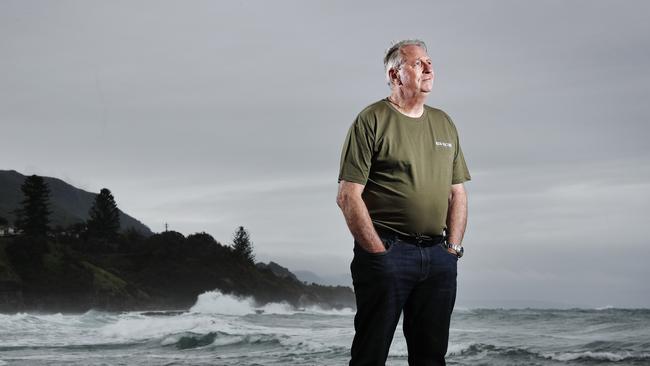
SUBSCRIBER EXCLUSIVE: EVERY AUSSIE SHARK ATTACK IN RECORDED HISTORY
Click here for NSW Interactive Shark Map
Click here for Qld/NT Interactive Shark Map
Click here for SA/WA Interactive Shark Map
Click here for Vic/Tas Interactive Shark Map
In October, Andrew Sharpe, 52, was taken by a shark while surfing with seven friends at Kelp Beds off the coast of Esperance, Western Australia. Just one month prior, 46-year-old Nick Slater died after a great white attacked at Greenmount Beach on the southern end of the Gold Coast. There have been eight fatalities in 2020, the highest number since 1929.
Ray Short was one of 988 survivors. Others are presumed attacks with no body recovered.
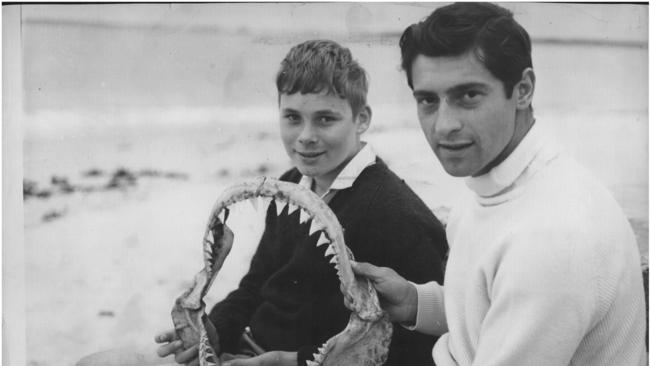
“I heard the commotion in the water, we were playing on the beach. They brought him out of the water and the shark was attached to his leg, so they were carrying the boy and the shark, they tried to get the shark jaws lose, they ended up using a bit of timber to prize the jaws open, they put him on the back of a 1959 Holden station wagon and took him up to Coledale hospital,” says Myatt, now 68.
The history of Australia’s numerous attacks is as fascinating as it is terrifying.
The first recorded attack in Australia in the file was in 1791. “Female, Australian aboriginal, bitten in two” in Port Jackson.
“She was the mother of a boy named Bondel who was orphaned by the attack,” he said.
1929 was Australia’s worst year on record according to the GSAF with 10 fatalities. Sydney had its very own version of Jaws as a suspected ‘rogue shark’ killed three in the space of one month.
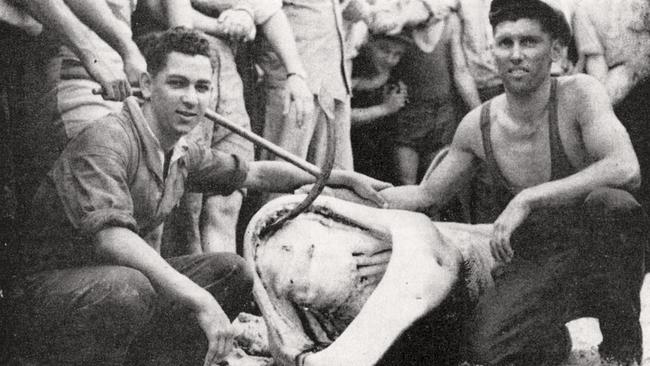
On January 8, 1929, John Gibson, 39, was fatally attacked at Bondi Beach, four days later, 14-year- old Colin Stewart died after another attack at Bondi and on February 18, Allan Bucher, 20, was fatally attacked at Maroubra.
“Prior to meshing, these beaches had attacks all the time in Sydney,” Bob says. “It could have been the same shark.”
As for the most horrific attack on record, Bob recounts the double fatality at Kirra Beach on October 27, 1937. Jack Brinkley, 25, was swimming with Norman Girvan, 18 when a tiger shark attacked both. The attack happened just north of where the latest fatality at Greenmount occurred.
Norman died but Jack was expected to survive after his arm was amputated, but he died the following day.
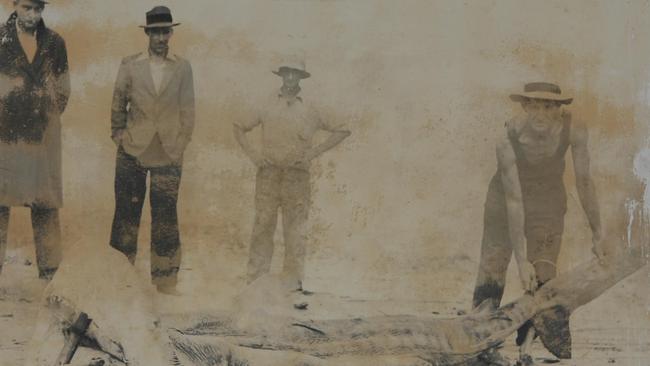
“The shark was an 11-foot tiger shark, when they opened it up it had hands and legs inside it,” Bob said.
A newspaper report said the shark was captured and killed shortly after the attack.
“It was a huge deep sea tiger shark and when opened was found to contain parts of a human body thought to be portions of the remains of Girvan. Four portions of limbs were found – two pieces of an arm and two pieces of a leg. The upper portion of the leg was stripped of flesh and the foot had been cut off. The head, trunk and two limbs are still missing.”
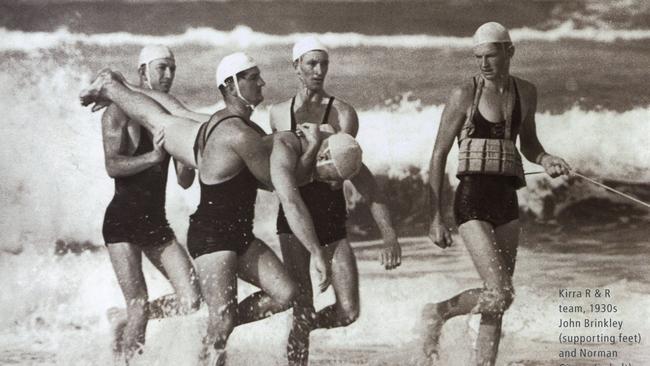
Fatal attacks that have occurred in Sydney Harbour are equally chilling.
“There have been 13 fatalities (there), the last fatality in Sydney Harbour was in 1963, Marcia Hathaway, 32, at Sugarloaf Bay,” Myatt says.
When the shark attacked, Marcia’s fiance, who was beside her, fought the shark with his hands and kicked it as it twisted in the bloodstained water. The shark almost tore off her right leg and she died of shock and blood loss some 20 minutes later.

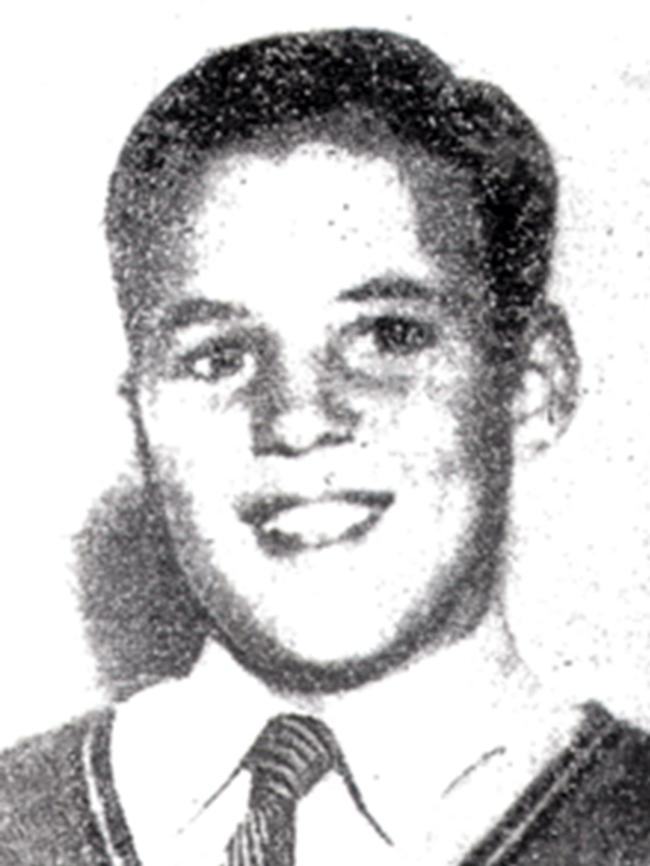
Also at Middle Harbour, on January 14, 1960, 13-year-old Ken Murray was practising his diving skills when friends saw the water redden around the boy.
“Theo Brown, a family friend, dived into the water and brought the boy to the shore where his right leg was severed above the knee. He died of blood loss,” Myatt says.
New Year’s Eve in 1934 brought two attacks: 19-year -old Richard Soden was swimming across the George’s River at Moorebank, near Milperra Bridge when he was fatally attacked. Shortly after, at dusk, Bankstown teenager Beryl Morrin, 13, was waist deep washing off mud in the George’s River when a shark grabbed one hand and then the other.
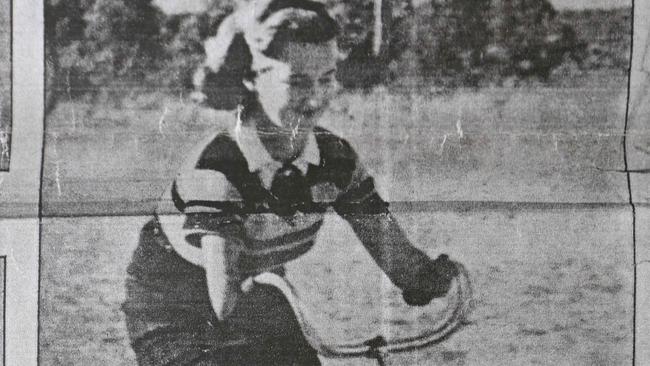
A family friend, Jim Schofield, ran into the water and seized the child above the elbows, squeezing them to slow the flow of blood. Beryl survived the ordeal despite losing both hands.
There had already been three other fatal attacks in NSW in 1934. One at Dee Why in March, one at North Steyne in April and one in Woy Woy earlier in December that year.
Regular attacks continued the preceding two years before the shark meshing program was introduced in 1937 along 18 Sydney beaches, extending from Palm Beach to Cronulla.
Meshing was introduced to the Newcastle (nine beaches) and Illawarra (four beaches) regions in December 1949, following fatal attacks at Newcastle beaches. Nine more beaches were added in 1972, with a further nine beaches in a new region, the Central Coast, added to the program in January 1987. A further two beaches were included in this region from September 1992, bringing the total number of meshed beaches to 51,
Apart from the death of Nick Slater on Tuesday September 8, most recent attacks have occurred outside of meshed beaches and the ones that disturb Bob the most are those where there are no remains.
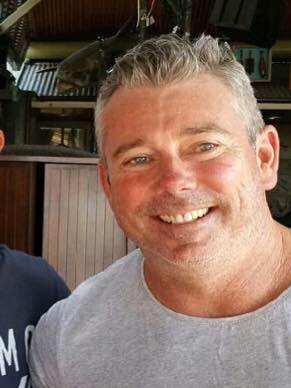
“When the bodies are not recovered, they have to be the worst, like Christine Armstrong in Tathra, their groups was swimming in the same spot of 14 years from the beach to the wharf when Christine’s husband Rob saw a large shark.”
The only thing found in the water was some tissue later identified as Christine’s.
Rob Armstrong said at the time “the shark was of such a size it has consumed her basically completely so she wouldn’t have even known it happened.”
Only two piece of wetsuit were found after 52-year-old Andrew Sharpe was seen being dragged off his surfboard by a shark at Kelp Beds beach near Esperance on October 9 earlier this year.
More Coverage
